I Gave Up Caffeine for a Week. This Is What Happened to My Skin, Sleep and Well-Being
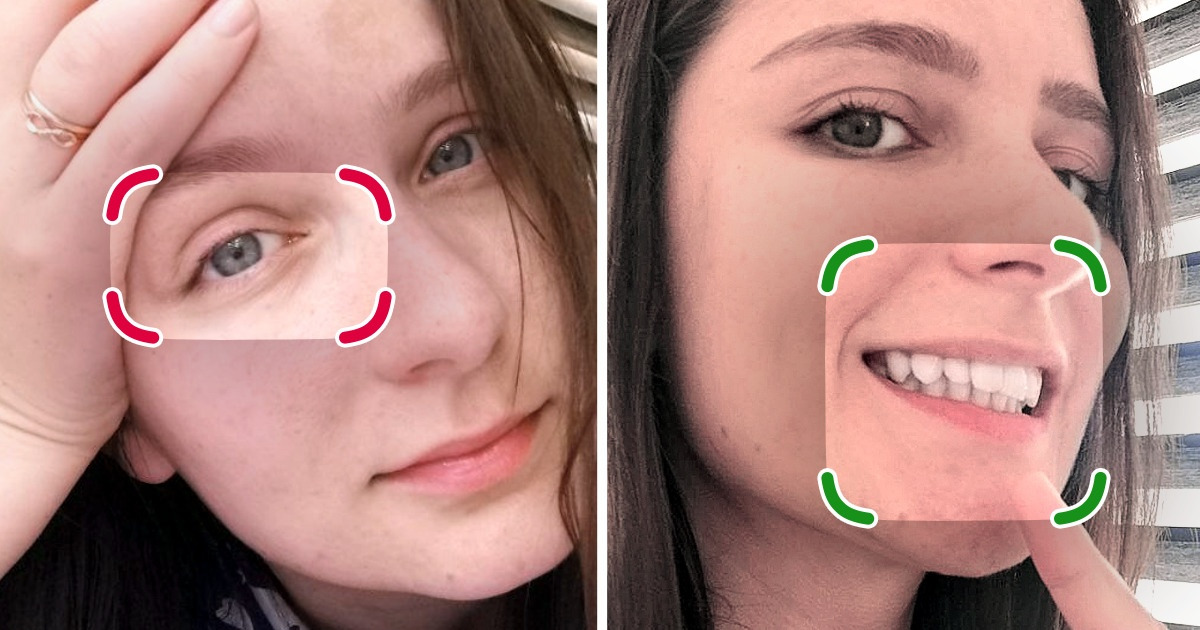
Caffeine is a well-known central nervous system stimulant. In nature, it can be found in seeds, fruits, nuts and leaves of plants. This substance helps protect them from animals and from competition with other plants. People use caffeine to cheer up, fight drowsiness and increase concentration. But it has side effects: increase in blood pressure, heartburn, nervousness or insomnia.
At CHEERY, we decided to find out what will happen if you give up caffeine in tea, coffee, cocoa, maté, cola and other drinks for a week. Our author, Milla, conducted an experiment and shared how a-week-long abstinence from caffeine affected her skin, well-being and daily routine.
My caffeine consumption before the experiment
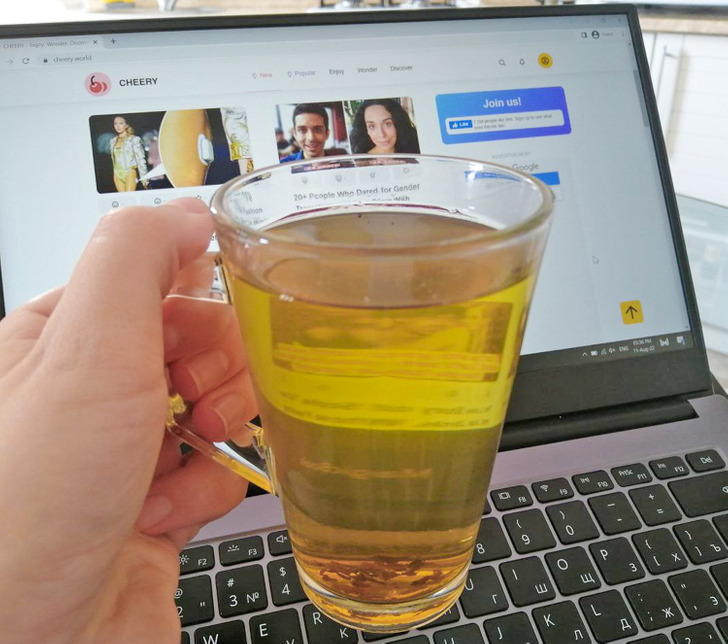
Hi everyone! I’m Milla. I’ve been addicted to caffeine since childhood, but my friends and family never knew about it. The fact is that I drink coffee very rarely, but I love tea. Many of us associate caffeine only with coffee, but in reality, it can be found in other plants, including tea.
Of course, caffeine content in coffee is higher — up to 100 milligrams in a single shot of espresso. While a small cup of tea contains 22 to 74 milligrams of caffeine. But tea also contains other stimulants: theobromine, theophylline and xanthine. Thanks to them, I feel so much more energized after a cup of tea than after a cup of coffee in the morning.
I drink 4 to 5 cups of green tea daily. And once a week, I can eat some chocolate and drink some cola. My blood pressure and sleep are normal. In the morning, I can think only of a strong cup of tea, and if I run out of it, I start to panic.
I’ve never given up on tea for more than 2 days — this period of time was recommended by my dentist after performing professional cleaning of my teeth. But I was curious about how I would feel if I stopped drinking tea for a week and whether I would notice any changes in my skin and well-being.
Monday
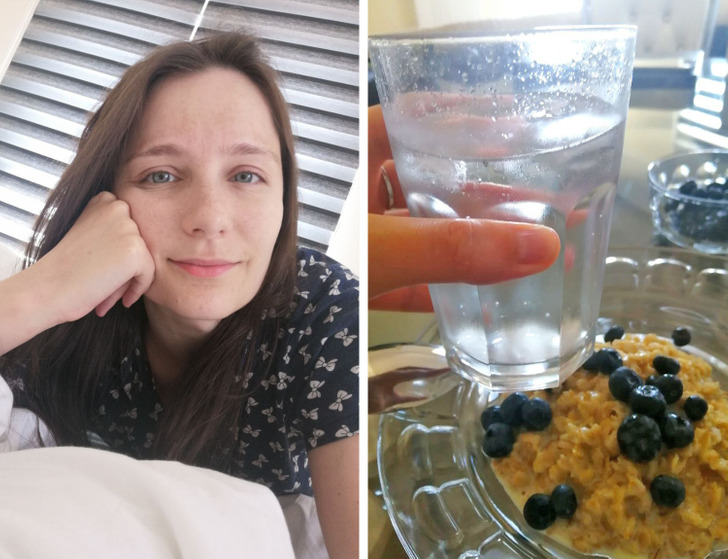
I woke up feeling wrecked. The previous night, knowing that I’d have to stay away from caffeine for the entire week, I ate a lot of chocolate and even bought some coffee even though I don’t usually drink it. As a result, I couldn’t fall sleep until 2 a.m. and could barely wake up in the morning. At breakfast, I realized that didn’t know what to drink instead of tea. So, I chose to have a glass of water.
During the entire day, I tried to fight drowsiness and felt like I functioned on autopilot. I also felt like literally everything irritated me. At lunch, I looked through my tea supplies and found a jar of rooibos. It turned out that it doesn’t contain caffeine. I brewed it and finally had a cup of tea. Unfortunately, I didn’t feel any burst of energy. In the evening, I bought freshly squeezed orange juice which I was going to drink for breakfast instead of tea the following morning.
Tuesday
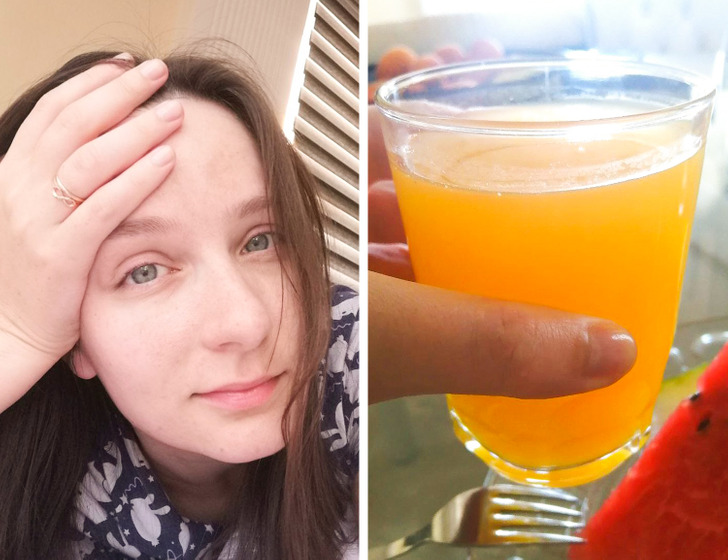
It was even harder to wake up on Tuesday. I felt terribly sleepy and had huge dark eye circles. My body craved for caffeine.
I poured some orange juice for breakfast. It gave me some energy for a short period of time, but soon I felt drowsy again. An hour later, my head started to ache, and I couldn’t focus on my work. I even took a nap after lunch. I can’t remember when was the last time I did it. In the evening, 2 large pimples appeared on my right cheek. I still suffered from the headache so I went to bed at 8 p.m. even though I usually stay awake until midnight.
Wednesday
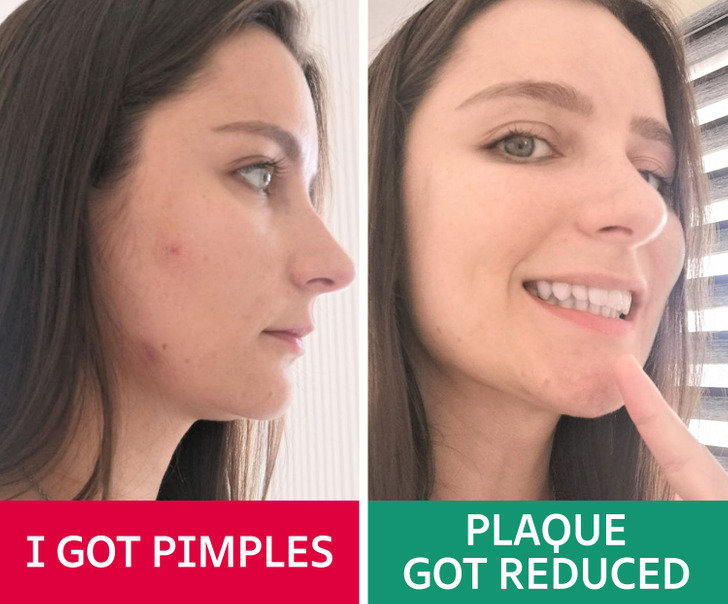
On Wednesday, I woke up at my usual 8 a.m. and felt great. The previous night, when I was brushing my teeth, I noticed that there was much less plaque on my teeth than usual. Before the experiment, my teeth used to get covered with quite a lot of plaque throughout the day, which I had to thoroughly remove with a toothbrush. And now even before the brushing, my teeth looked like I’d already brushed them.
However, I wasn’t as happy with my skin. The pimples on my cheek were still there. However, I wasn’t sure whether the reason was my abstinence from caffeine. Maybe this was my skin’s reaction to the orange juice? In general, I felt much more energized than I did on Monday and Tuesday. I could better focus on my working tasks and didn’t feel like I needed caffeine at all.
Thursday
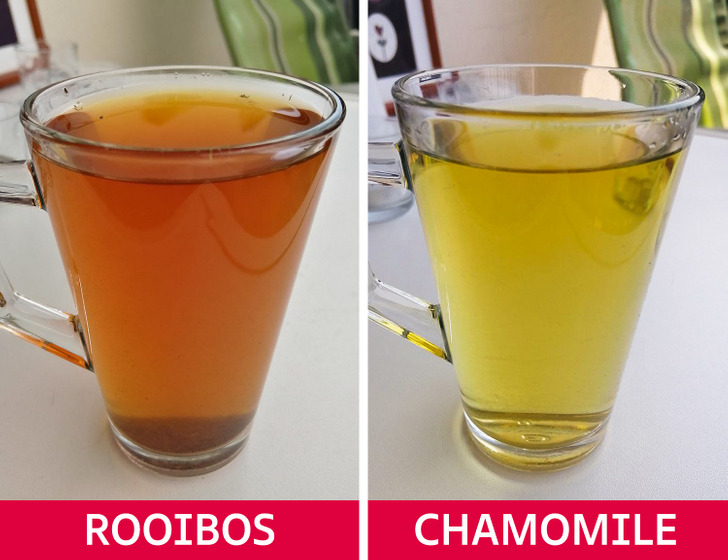
On Thursday, I felt great again. I had a good night’s sleep, was full of energy, and didn’t have any headache. Thanks to this, I managed to work productively for the entire day. However, I had an overwhelming desire to drink some tea. In the daytime, I tried to drink rooibos, and chamomile tea in the evening. But the problem was with the taste. I wanted to taste green tea.
I continued to monitor the changes in my appearance. The 2 pimples disappeared without a trace. Perhaps, the culprit was the orange juice. My teeth also looked wonderful. It seemed I could save a lot of money on my visits to the dentist.
Friday
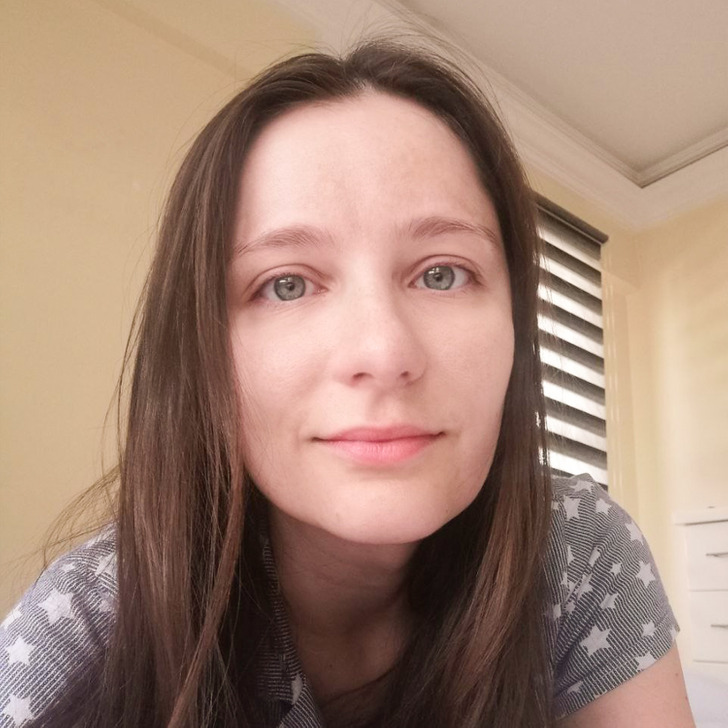
On Friday, I noticed that my face looked much fresher in the morning. The bags and dark circles under my eyes reduced. Previously, I would wake up being sleepy and exhausted. This day, I slept as much as usual, but I woke up full of energy.
I spent the day actively. I wasn’t drowsy at all. Of course, I still missed the taste of green tea, but seemingly my body didn’t need caffeine any more.
Saturday

My main conclusion was that energy caffeine provided was unstable. It fluctuated so I had to drink another cup of tea to maintain its level. Natural vigor was smoother. No, you didn’t feel a burst of energy as you would if you had a cup of a caffeine drink, but you could work for 8 hours without feeling tired.
Impressed by the results, I decided to search in supermarket shelves for more tea alternatives apart from rooibos and chamomile tea. It turns out there are quite a lot of tasty combinations: lemon and mint, hibiscus tea and wild berries, jasmine and marigold.
Sunday
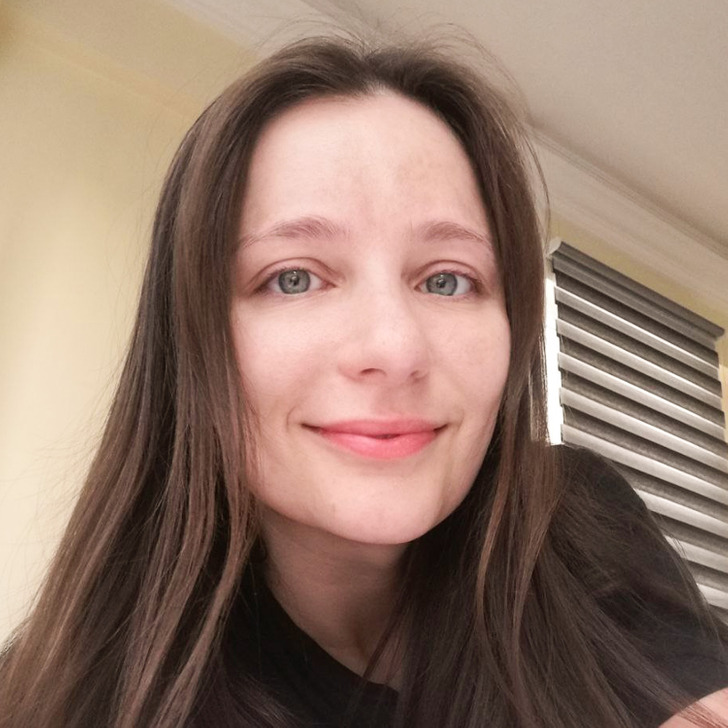
On the last day of my experiment, I woke up full of energy. Now I didn’t need a cup of tea to chase away drowsiness. But I still missed the taste of green tea.
I think my face now looks fresher in the morning — I have no puffiness, bags, or dull complexion. I also get up from bed in a matter of minutes.
The experiment results
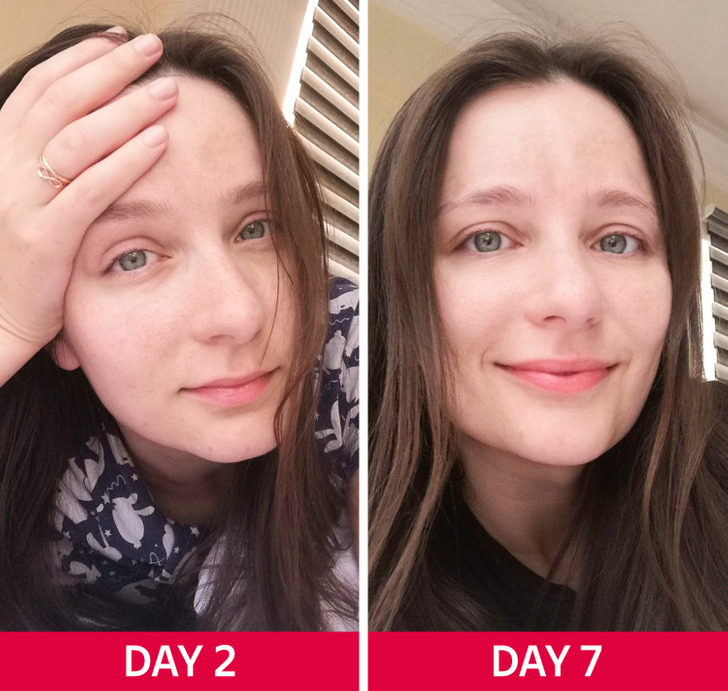
After the experiment, I came to the following conclusions:
- After giving up on caffeine, you’ll feel bad for a few days. Perhaps, your productivity will reduce, you’ll feel drowsy and irritated, and have a headache.
- At the same time, your addiction to caffeine will decline in 2-3 days. You can easily overcome it in a week’s time.
- Your vigor without caffeine will be more smooth and stable. But you won’t feel a huge surge of energy either.
- The plaque on your teeth will get reduced. Potentially, you can save on whitening or professional cleaning procedures.
- Your face will look fresher. Puffiness and dark eye circles may reduce. But surely giving up caffeine won’t solve bigger problems. For example, the dark spots on my face remained without changes.
- There are many alternatives to tea and coffee — mineral water, freshly squeezed juices, compotes, and various herbal teas.
As for me, I decided that I won’t give up on green tea completely because I like its taste. But I’ll reduce its consumption to 1 cup a day. I liked the effects of the week without caffeine on my skin, teeth and well-being, but I think that giving up on it completely is too much. I think truth is somewhere in the middle, and I plan to consume it in moderation in the future.
Do you think you’re addicted to caffeine? Would you want to overcome this addiction? Tell us in the comments below.